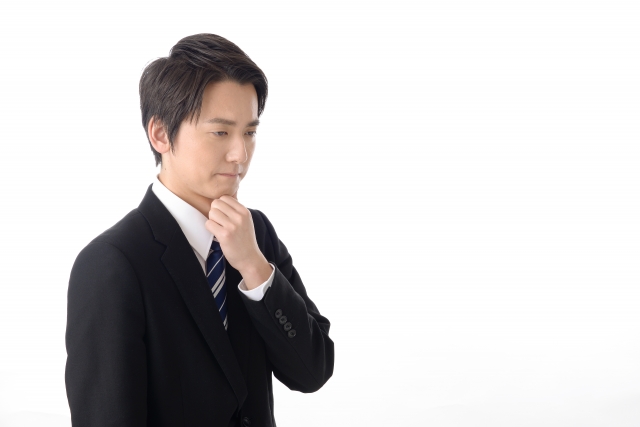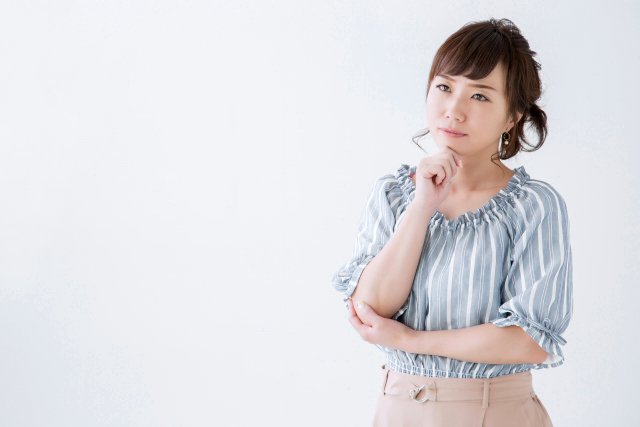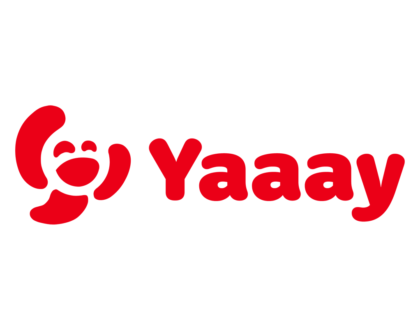Suits or no suits – What to wear for your job interview

by Madelaine
What to wear for your interview in Japan. Most graduates were recruit suits during their job hunt, but some companies have different dress rules. Whether it’s recruit suits or plain clothes, with this guide you will always be dressed correctly.
コンテンツ
Why no suits
More companies are starting to let applicants come to interviews in more casual wear. This can be because the companies want to convey a more casual atmosphere because they want to know about you as an individual, or simply because they know that wearing suits in Japan’s summers isn’t exactly fun.
Interview Dress codes
Standard Dress code
Dress code: リクルートスーツ, not specified
When nothing is specified, then always attend job fairs, company seminars or job interviews dressed in a dark suit and a white shirt. These recruit suits are standard in Japan and are often paired with a beige or navy trench coat.
Mostly suits
Dress code: 私服可 (しふくか), 普段着可 (ふだんぎか)
Sometimes companies will allow you to were more relaxed clothing. The terms you are looking for are 私服 (own clothes) and 普段着 (normal clothes). The kanji here can be a little misleading, but this doesn’t mean you can wear your everyday or leisure outfits. You want to keep your style business casual (ビジネスカジュアル or オフィスカジュアル) for these kinds of interviews.
A 可 (か) at the end tells that it is “possible” to wear more casual clothes. Meaning, it is recommended to still show up in suits. Everyone else is going to. However, if wearing a suit at interviews makes you feel tense or uncomfortable you can opt for something slightly more casual. After all, the most important part is that you are in your element during the interview.
Suits or Business Casual
Dress code: 服装自由 (ふくそうじゆう)
When you see 服装自由 you can choose freely whether you want to wear suits or not. Especially at company seminars, before the actual interviews, companies may allow you to pick your clothes yourself.
Many candidates will still show up in suits, but that doesn’t mean it is the right choice. Some companies might ask you why you to explain why you came in suits. Rather than going with the majority, when choosing your outfit consider the type of company you are applying to and how you want to appeal yourself. This way you will stay authentic.
Business Casual
Dress code: 普段着(ふだんぎ) でおこしください, 自分(じぶん) らしい服装(ふくそう)
Never wear recruits suits when companies specifically ask you to come in your own. Still wearing suits would be to go against set rules, and this even companies with a relaxed dress code do not appreciate.
This is most common in the fashion or artistic industries, where recruiters want to get a sense of your style.
Even if you are the only person in the room without suits or with a colored shirt, there’s no need to worry. After all, you checked the guidelines and dressed accordingly, so it won’t impact your interview in any negative way.
We will publish an article on business casual outfits soon. Until then, just remember that in the end, what it really comes down to is that your appearance is professional and neat.





